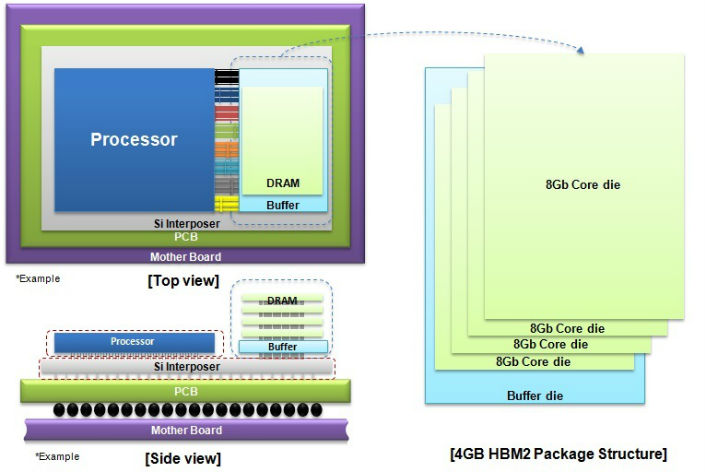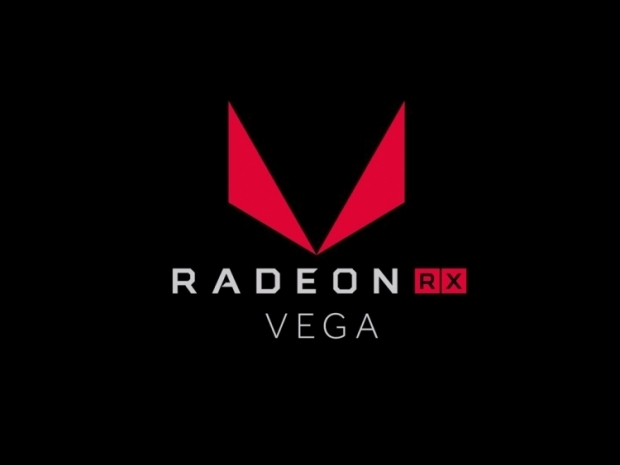A year without a high end part is not easy and Fury is still on the top of the hill for AMD. The Dual version of Fury was almost non-existent and didn’t do much in the market.
We want to address one elephant in the room called HBM 2 memory. Vega or let’s call it Radeon RX needs two stacks of HBM 2 memory each having 4GB memory.
Back in July 2016 :
Fudzilla repeatedly claimed that there won’t be any HBM 2.0 capable GPUs in 2016 as our sources simply told us that that the memory won’t be ready for mass production. They seem to be right about this one.
The HBM 2 memory that ships with Pascal P100 cards is extremely expensive. Nvidia dropped the prices of Tesla (compute) P100 PCIe 16GB cards to just above 7000 Euro, while just a few months ago Nvidia wanted 10,000 Euro for the same card.
According to our multiple, well informed industry insiders, the 4GB HBM 2 memory stack cost around $80 USD. Vega needs two HBM stacks to get to 8GB memory putting the price all the way up to $160 just for the memory. Using the same math, Nvidia spends $320 for four times 4GB for its Pascal P100 cards. The price is tailored for each customer and, quite likely, customers are getting different prices and the $80 should be regarded as just a rough guideline.
The Samsung memory that is being used uses four HBM 2 chips stacked on top of each other and it uses a substrate called interposer. Without going into too many details, HBM 2 is delayed from its original plans (available in 1H 2016) and very expensive.
Our sources have implied that in normal cases GDDR5 / GDDR5X memory cost a few times less than the $80 for 4GB. This makes Vega or any other HBM 2 card much more expensive, as the Bill of Materials (BOM) explodes compared to traditional GDDR5 / GDDR5X cards.
Since we don’t know the Vega RX price or the actual performance, it is hard to imagine that the Vega Radeon RX will be more expensive than Geforce GTX 1080 TI.




